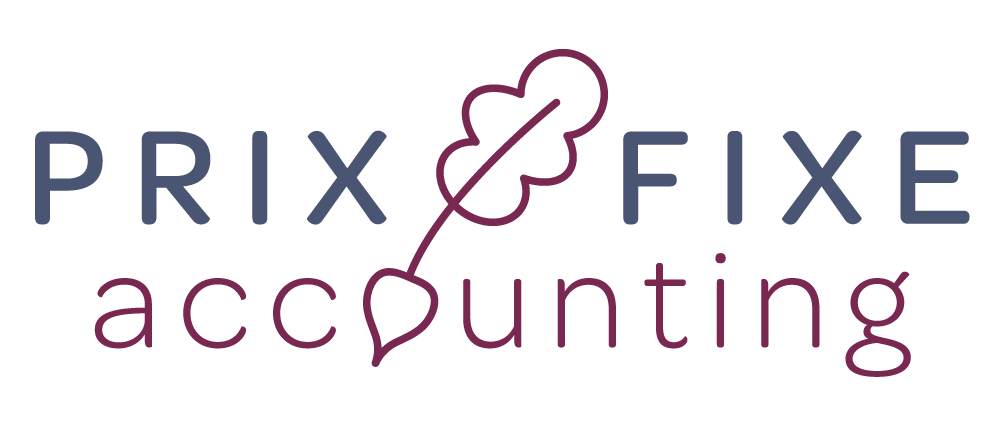But it really isn't all that exciting. On April 9th, we got some additional information from the National Restaurant Association, which is a little unusual since information generally comes directly from the Small Business Administration. Additionally, there was a webinar with the Small Business Administration and the Independent Restaurant Coalition on the 13th, that provided a little more context as well. The information was a little scattered, but we’ll take whatever we can get. Here are the highlight that we found interesting when combing through this information:
If you haven’t heard already, the DUNS/SAM is dead. DEAD! If you applied for, and received these numbers, great! You won’t need them, but it also doesn’t hurt to have either.
You now have until January 20, 2023 to spend the grant money.
Hybrid Businesses: Are eligible for the RRF Grants, but the business must operate under the same EIN (that means one tax return), and at least 33% of total revenue in 2019 must come from F&B sales. What if you opened in 2020? Well, we’re not sure.
You will have to provide ownership information of those who have more than 20% ownership. It also looks like non-citizens can apply for this program as well, as a ITIN is an option on the draft application that the SBA submitted to the OMB. It’s not set in stone, but they made this change to the PPP, so it's pretty likely that it will be the same story with the RRF.
You can pay business debt, and forgiven debt from SBA loans doesn’t count towards revenue.
Proof of revenue is pretty flexible. You will have to complete a 4506-T, but that is a hell of a lot easier than a SAM/DUNS registration, so we’ll take it. In order to provide proof of revenue you need to provide one of the options for 2020 (and 2019 if you were in business before 2020):
Tax Returns (1120, 1120-S, 1040, 1065)
Prepared Financial Statements
POS Reports, or 1099-K from your CC Processor
Bank Statements (Not recommended)
You don't qualify if you:
Taken an SVOG Grant
State or Local Gov’t, maybe NPO’s
Permanently closed. If you are shut down temporarily and are waiting for this to blow over, you’re good!
Filed for Bankruptcy (Chp, 7 or 11, but 11, 12, 13 are conditional)
Business owned by women, veterans and socially and economically disadvantaged individuals will get priority, as long as the business ownership is made up of more than 51% of the previously listed individuals. That 51% means that jointly owned equal businesses between a husband and wife do not count. However, if the ownership is made up of a veteran, a woman, and someone that doesn’t qualify, then you’re good. Ownership needs to be 51% or MORE.
We don’t quite know who are considered “socially and economically disadvantaged” individuals yet, but we know that they have set aside $5B for businesses that have under 500k in annual revenue.
Are the grants taxable?
The income is not, but the expenses are tax deductible… federally. We don’t know how states are going to handle it.
Clarification for Businesses that opened in 2020 can use expenses from February 15, 2020 through March 11th, 2021 minus 2020 revenue. The first three months of revenue 2021 is NOT included.
When can I apply?
Who knows at this point. The SBA is dealing with a different disaster with the SVOG program, and will likely have to put out that fire, before turning their attention to the launch of this new portal. At this point, they still also need to beta test the portal, which they said will take about two weeks. So, with all that being said, we’re probably looking at a month or more before the application portal opens.
There’s still a lot more to be determined, we really want to know more about owner compensation, rent owed to associated owners (paying yourself rent), and a lot more information regarding businesses that opened in 2020. Hopefully, this is just the start of a lot more information.

